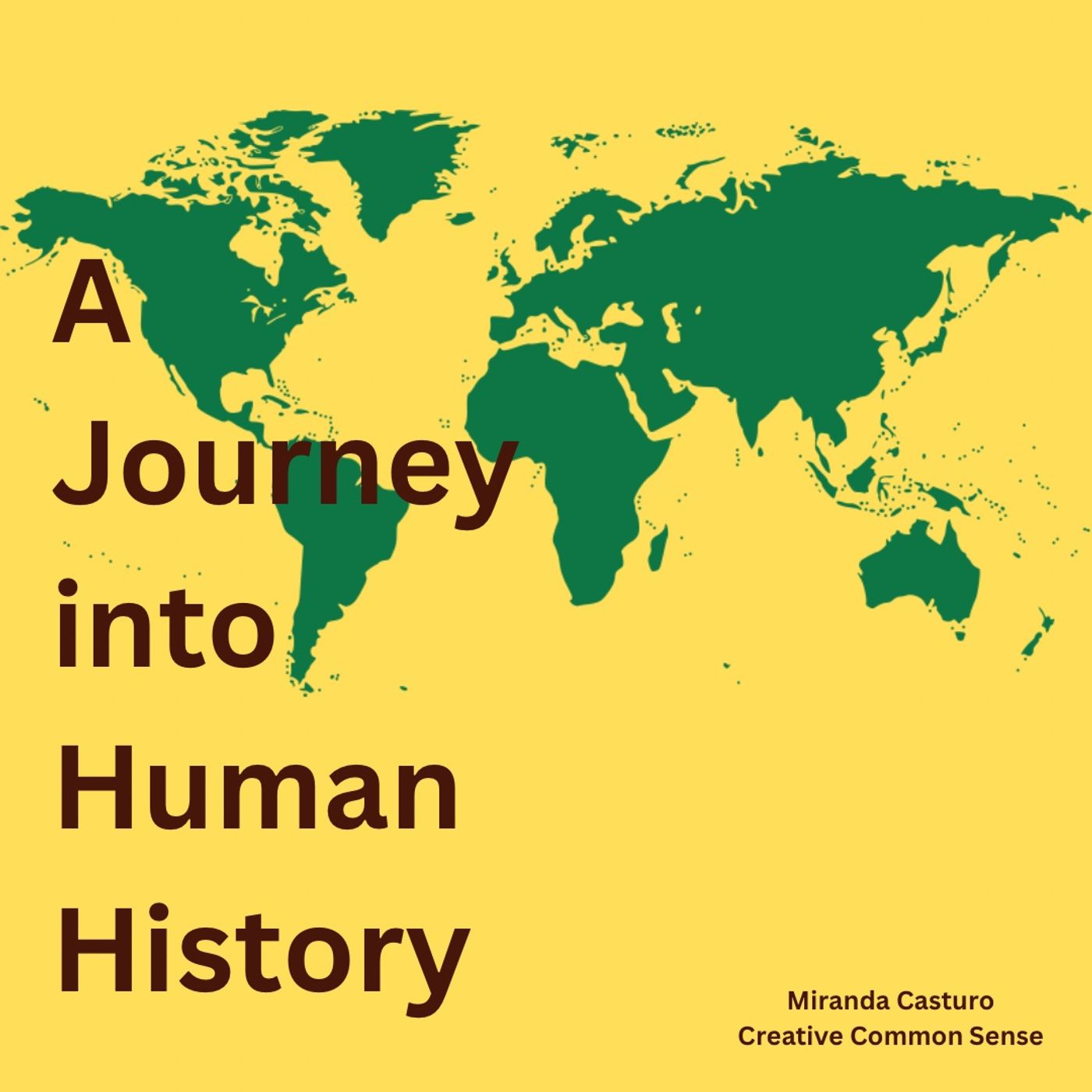Famine, Climate Change, and Migration in the 14th Century
Description
The field of historical climatology has enabled historians to combine analyses of written sources with data about the ecological environment of the past. Thus, we know that at the beginning of the fourteenth century, a prolonged period of temperate climate was followed by a devastating period of lower temperatures and substantial changes in precipitation in the Northern Hemisphere that wiped out crops and led to widespread droughts and famines. Many were forced to migrate in search of the basic necessities of life.
All images referenced in this podcast can be found at https://openstax.org/books/world-history-volume-1/pages/16-2-famine-climate-change-and-migration
Welcome to A Journey into Human History.
This podcast will attempt to tell the whole human story.
The content contained in this podcast was produced by OpenStax and is licensed under a Creative Commons Attribution License.
Access for free at https://openstax.org/books/world-history-volume-1/pages/1-introduction
Podcast produced by Miranda Casturo as a Creative Common Sense production.
More Episodes
Over the course of the eighteenth century, a series of famines and economic crises deepened wealth inequality and narrowed access to political power on both sides of the Atlantic. As the growing influence of the public sphere and Enlightenment ideas of equality and liberty shaped opposition to...
Published 12/25/23
Published 12/25/23
Over the course of the seventeenth and eighteenth centuries, the public sphere became an increasingly important component in the spread and development of Enlightenment ideas. As networks of informal socialization and intellectual exchange, coffeehouses provided a setting in which people from all...
Published 12/22/23


